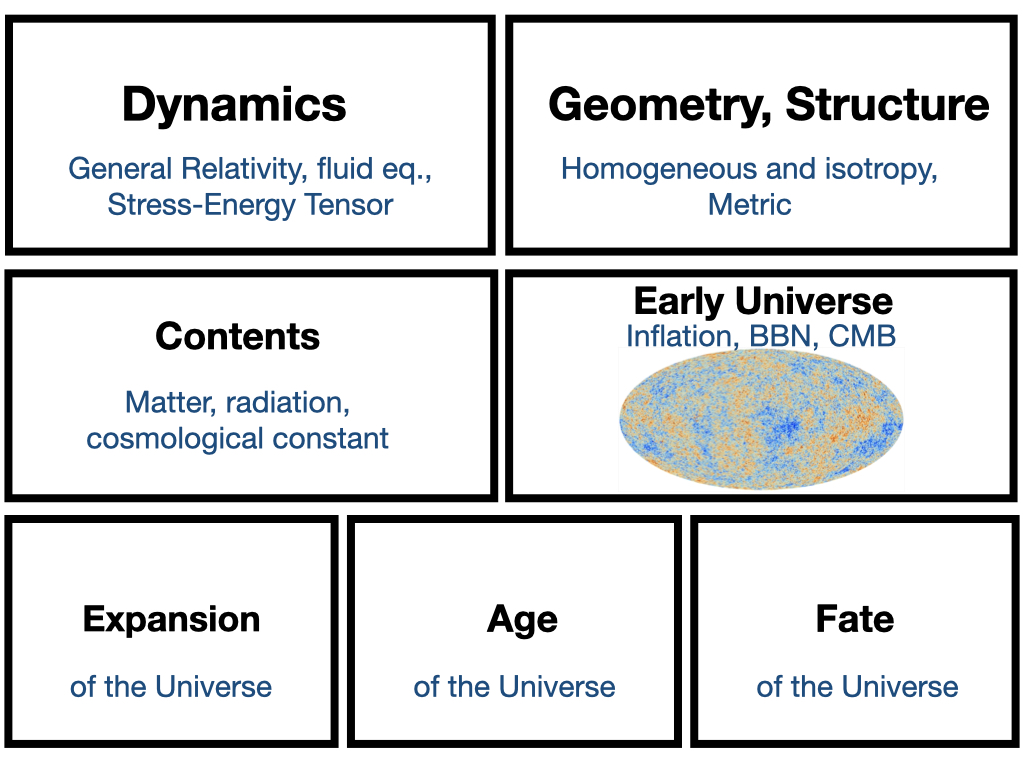The Simons Observatory: Magnetic Sensitivity Measurements of Microwave SQUID Multiplexers
The Simons Observatory (SO) will be a cosmic microwave background (CMB) survey experiment with three small-aperture telescopes and one large-aperture telescope, which will observe from the Atacama Desert in Chile. In total, SO will field $\sim$70,000 transition-edge sensor (TES) bolometers in six spectral bands centered between 27 and 280 GHz in order to achieve the sensitivity necessary to measure or constrain numerous cosmological quantities. The SO Universal Focal Plane Modules (UFMs) each contain a 150 mm diameter TES detector array, horn or lenslet optical coupling, cold readout components, and magnetic shielding. SO will use a microwave SQUID multiplexing ($\mu$MUX) readout at an initial multiplexing factor of $\sim$1000; the cold (100 mK) readout components are packaged in a $\mu$MUX readout module, which is part of the UFM, and can also be characterized independently. The 100 mK stage TES bolometer arrays and microwave SQUIDs are sensitive to magnetic fields, and their measured response will vary with the degree to which they are magnetically shielded. We present measurements of the magnetic pickup of test microwave SQUID multiplexers as a study of various shielding configurations for the Simons Observatory. We discuss how these measurements motivated the material choice and design of the UFM magnetic shielding.
PDF Abstract